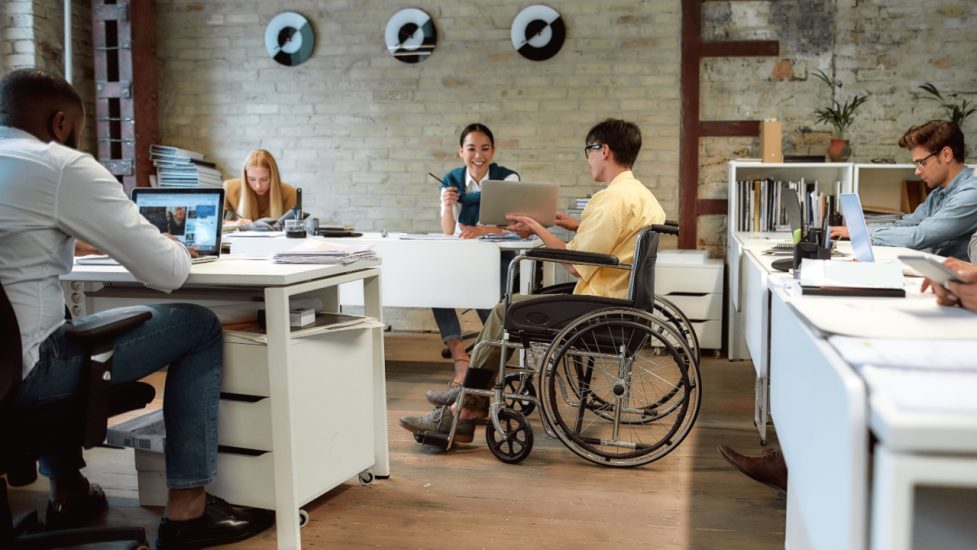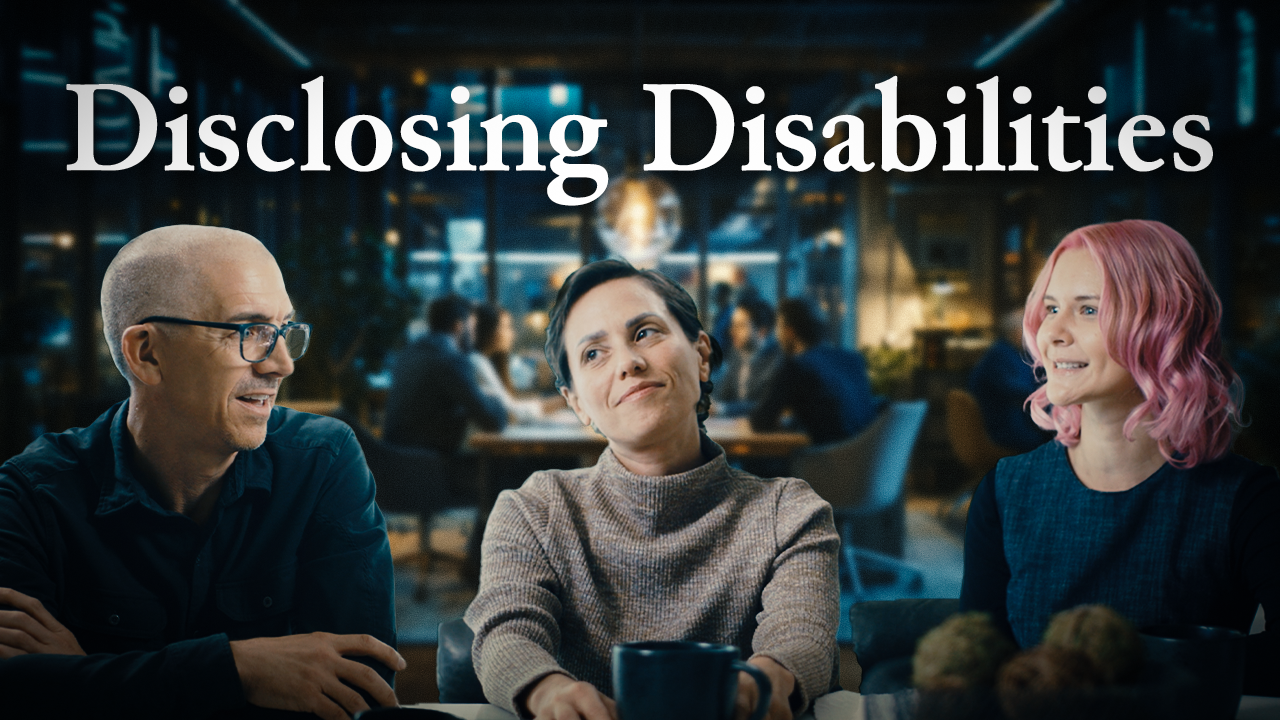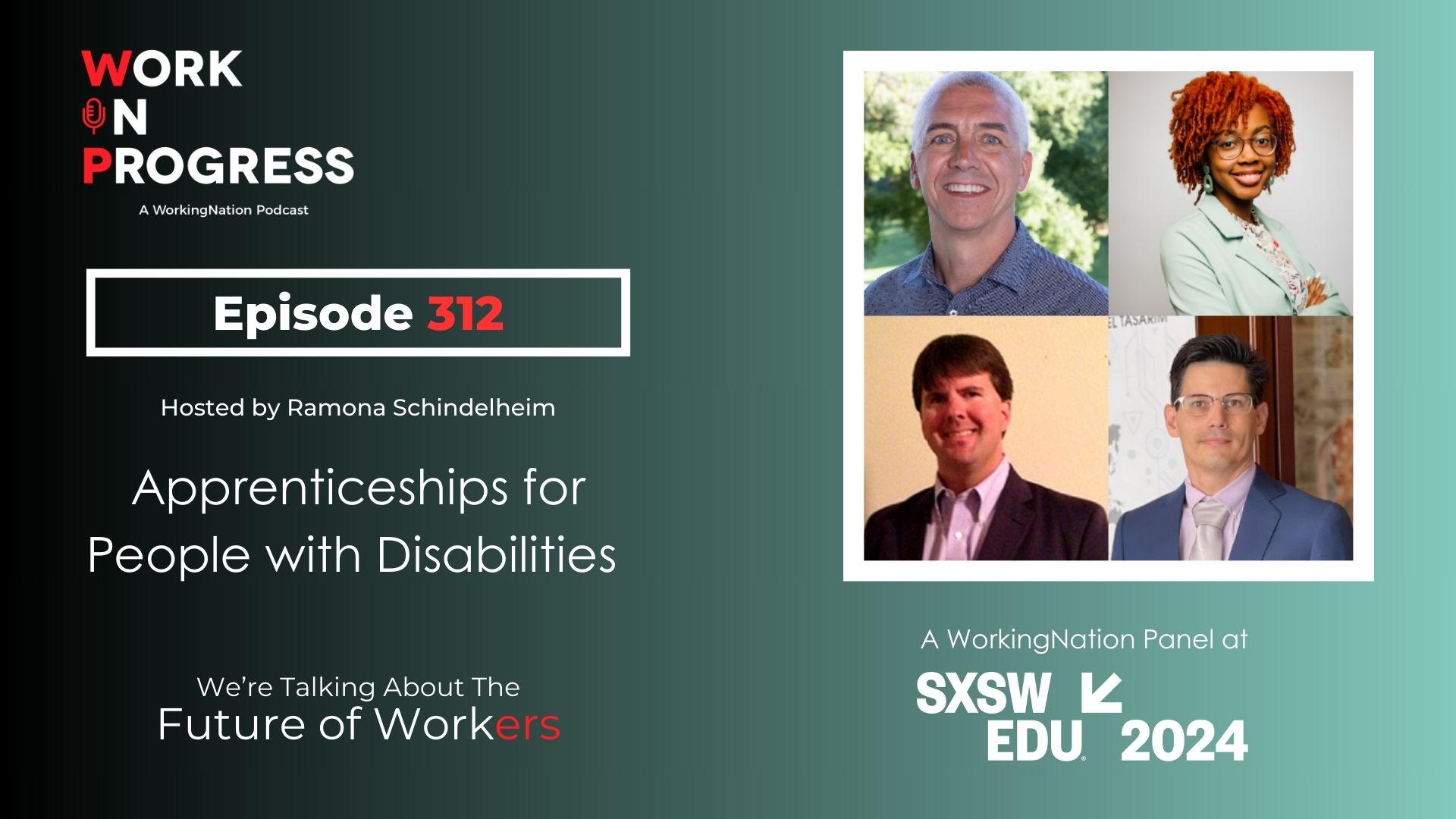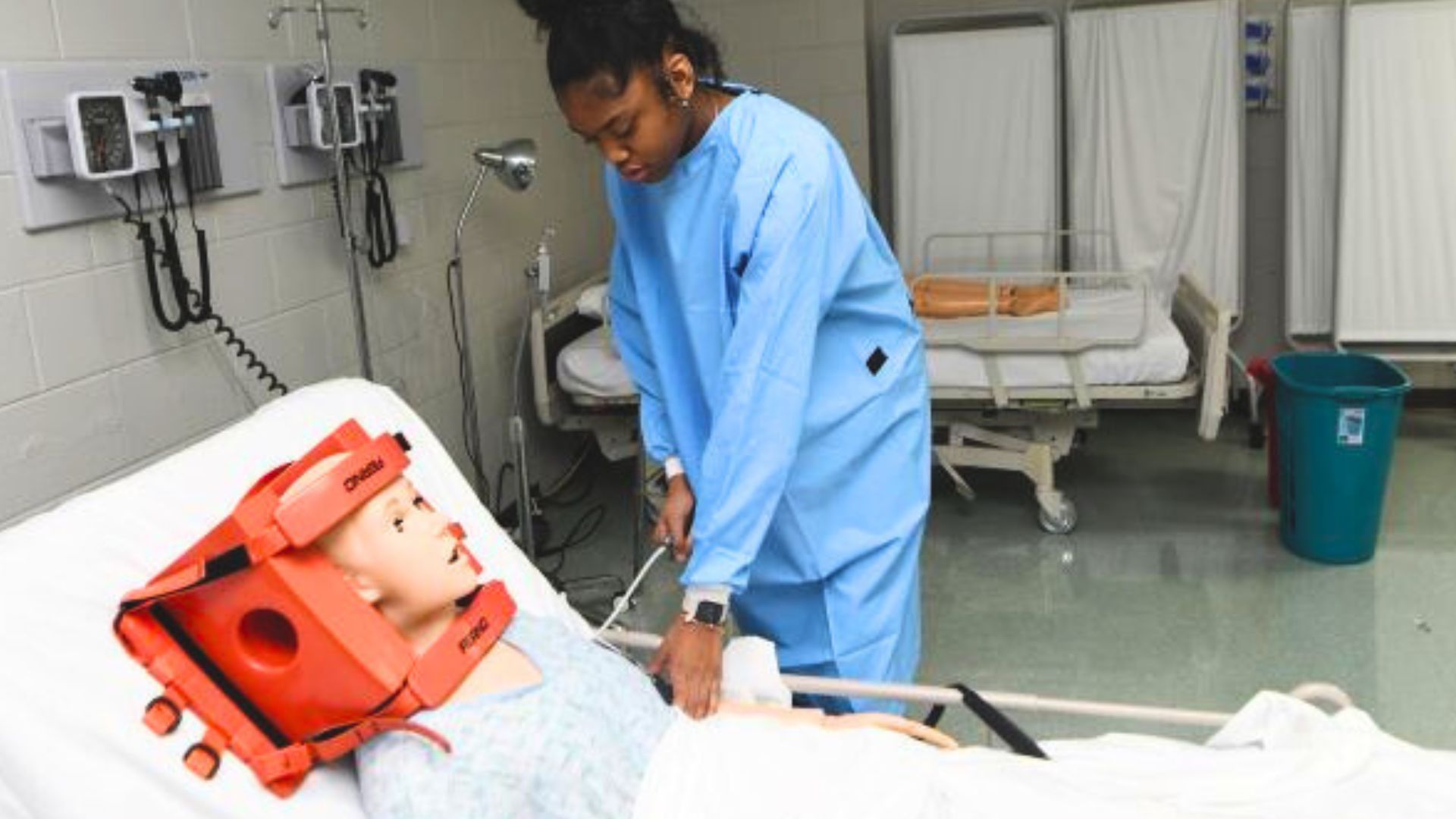A recently launched program is designed to help California high school and community college students with disabilities identify their career interests, develop work-ready skills, and land paid experiences with local employers.
Career Launchpad – from workforce development organization Institute for Workplace Skills and Innovation (IWSI America) and the California Department of Rehabilitation (DOR) – is currently available to young people ages 16 to 21 in southern California in Los Angeles, Riverside, San Bernardino, and Inyo counties.
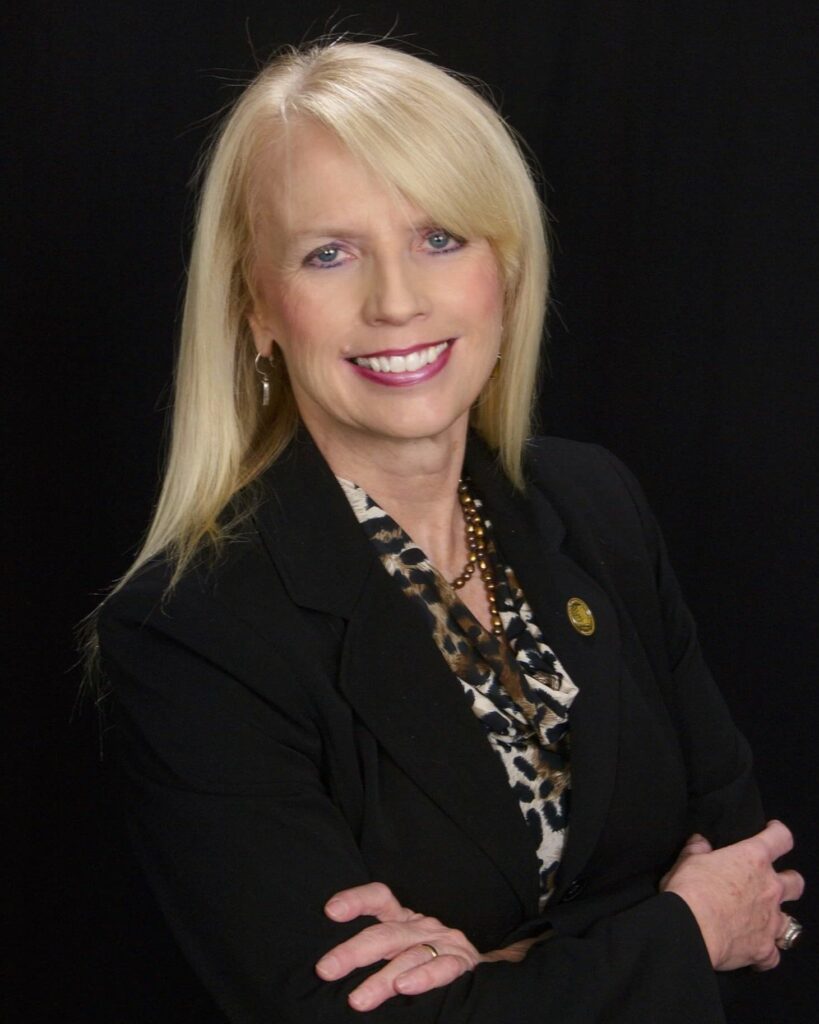
“We want to develop an individual service plan (ISP) for each student. All the time we’re working with them, we have an eye to helping them build a resume. We ask them to think about characteristics of self-attributes,” explains Deborah Williamson, vice president of operations, IWSI America.
“’Are you a team player? Are you responsible?’ They’ll come up with a long list about themselves. We’ll ask things like, ‘What subjects do you gravitate to in school? What do you excel in?’”
Williamson continues, “We ask them to link what they’re doing in school with how that’s going to impact a career goal. We ask them to visualize their work life in the future. ‘Where do you see yourself working? What kind of work context?’ There’s a lot of dialogue about what they see themselves doing.”
Career Exploration and Real-World Experiences
The DOR offers five student services including job exploration counseling, paid work-based learning experiences, information about postsecondary education options, workplace readiness training, and self-advocacy training, notes Carol Asch, assistant deputy director for the Vocational Rehabilitation Employment Division with the California DOR.
“We wanted to take advantage of IWSI’s relationships with employers and their experience with apprenticeships,” says Asch.
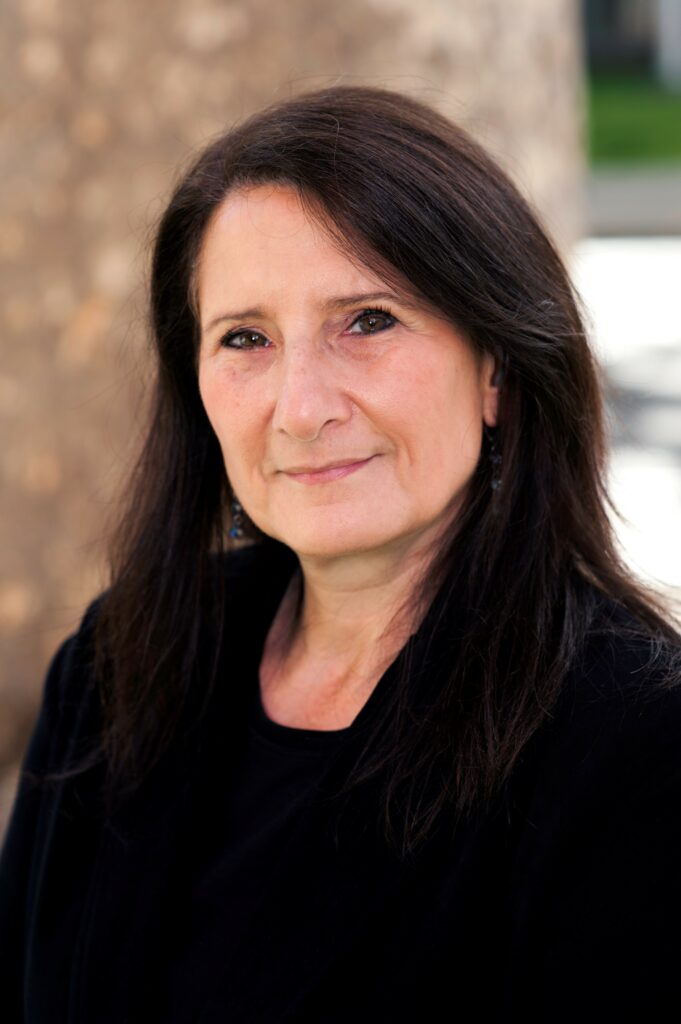
She explains, “With Career Launchpad, before [students] can start to receive services, they need to be registered with the DOR. We can start if they have an IEP (individualized education program) or a 504 Plan with their school, or if they have a disability or a documented disability, then we can start working with them and authorize the services on an individual basis.”
Williamson adds, “They have to be in school. If they graduated from high school, they should be moving towards their first year in college – even if they are on a break.”
Currently there are about 40 students participating in Career Launchpad with another 26 authorizations moving through the pipeline, notes Williamson.
During the initial 90 days, students participate in online sessions and industry-focused workshops. There is also focus on increasing the students’ understanding of social and interpersonal skills before they move onto 300 hours of paid service at a workplace.
Based on coaching sessions, career counselors are recommending two or three career options that students might like to explore.
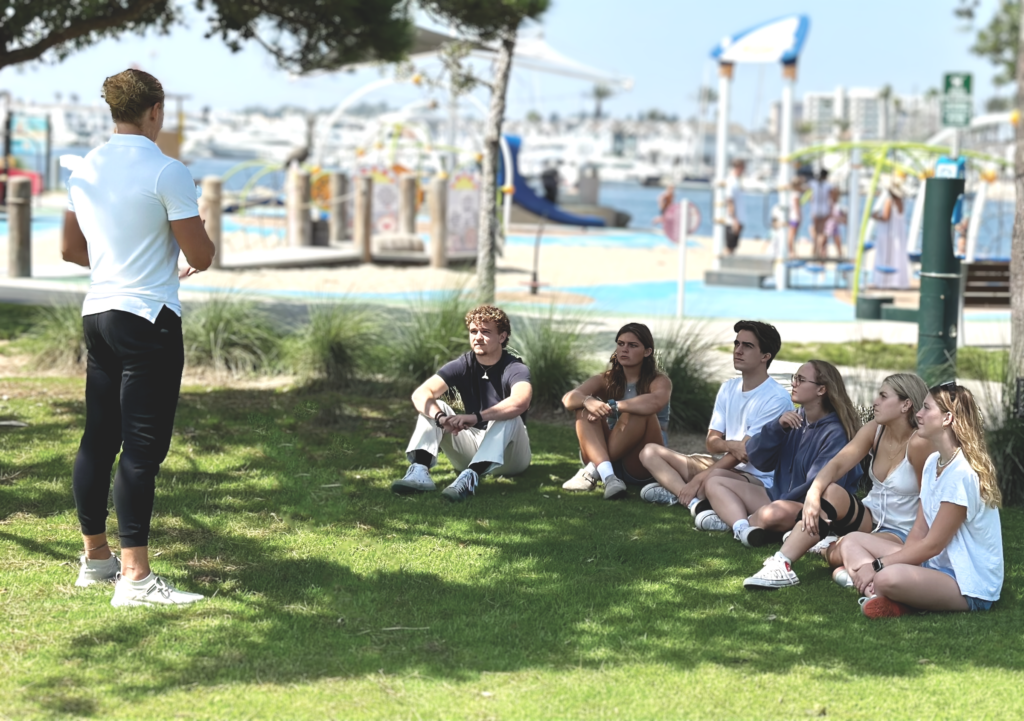
With Career Launchpad just getting underway in early June, no students have yet been placed in real-world workplaces, but the 16 areas of career focus include health care, manufacturing, construction, hospitality, and agriculture.
Partnership is Key
Career Launchpad stakeholders include parents, guardians, local school, district and postsecondary education partners, local and regional employers, community organizations, and industry groups. Says Williamson, “Key to Career Launchpad is a partnership from Day One.”
She continues, “We could not, without the partnerships, be able to pull that off without the DOR, without the local businesses, without community college providers, without wraparound service providers. It just wouldn’t fly. It really is a true team effort.”
Williamson says the early participants are motivated, “Students are pounding on our website asking, ‘Hey, when can I have my ISP plan? I’m really excited about what you said about me.’ And we’re like, ‘Well, you said it about yourself.’ So the banter of dialogue is really good.”
She notes parents are also very excited about their children’s prospects. “The feedback that we’re getting realistically has been quite positive, quite encouraging to move ahead, that this is important. Parents have said to us, ‘We had no idea. We didn’t know what we were going to do about the employment factor given our situation. This is phenomenal.’”

